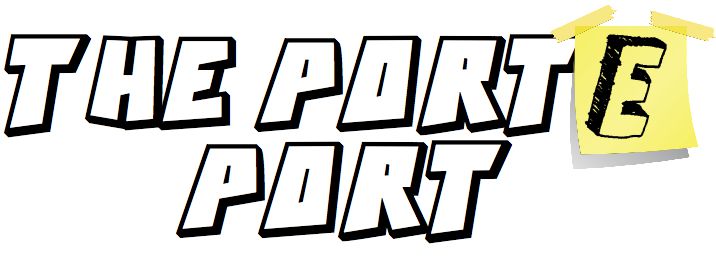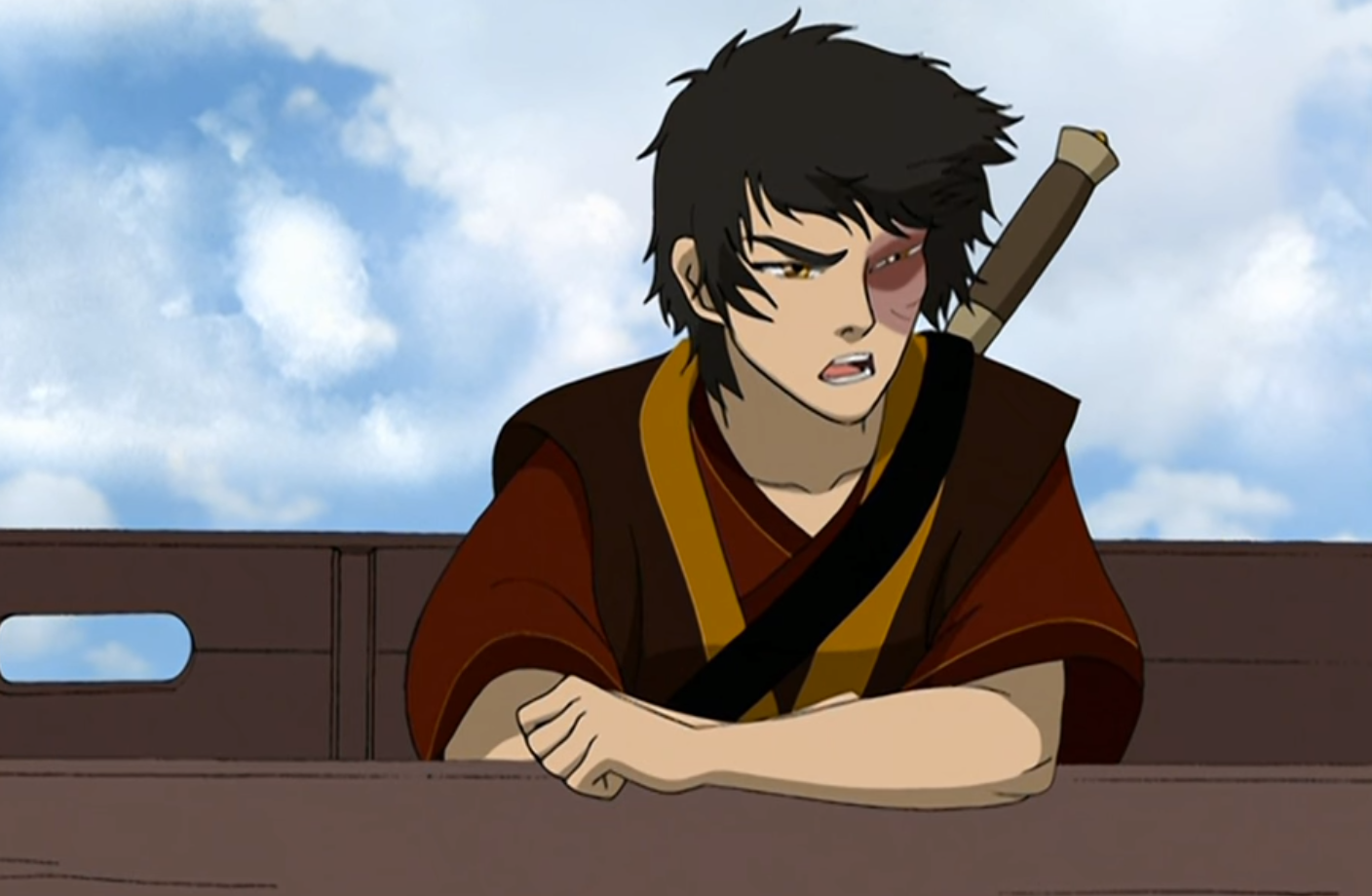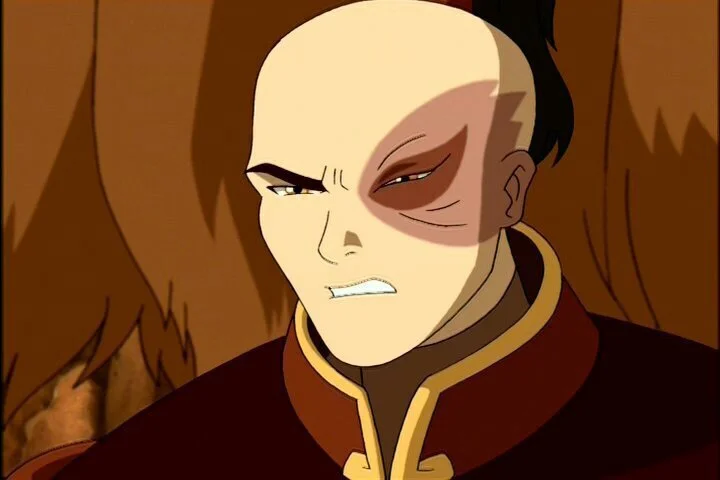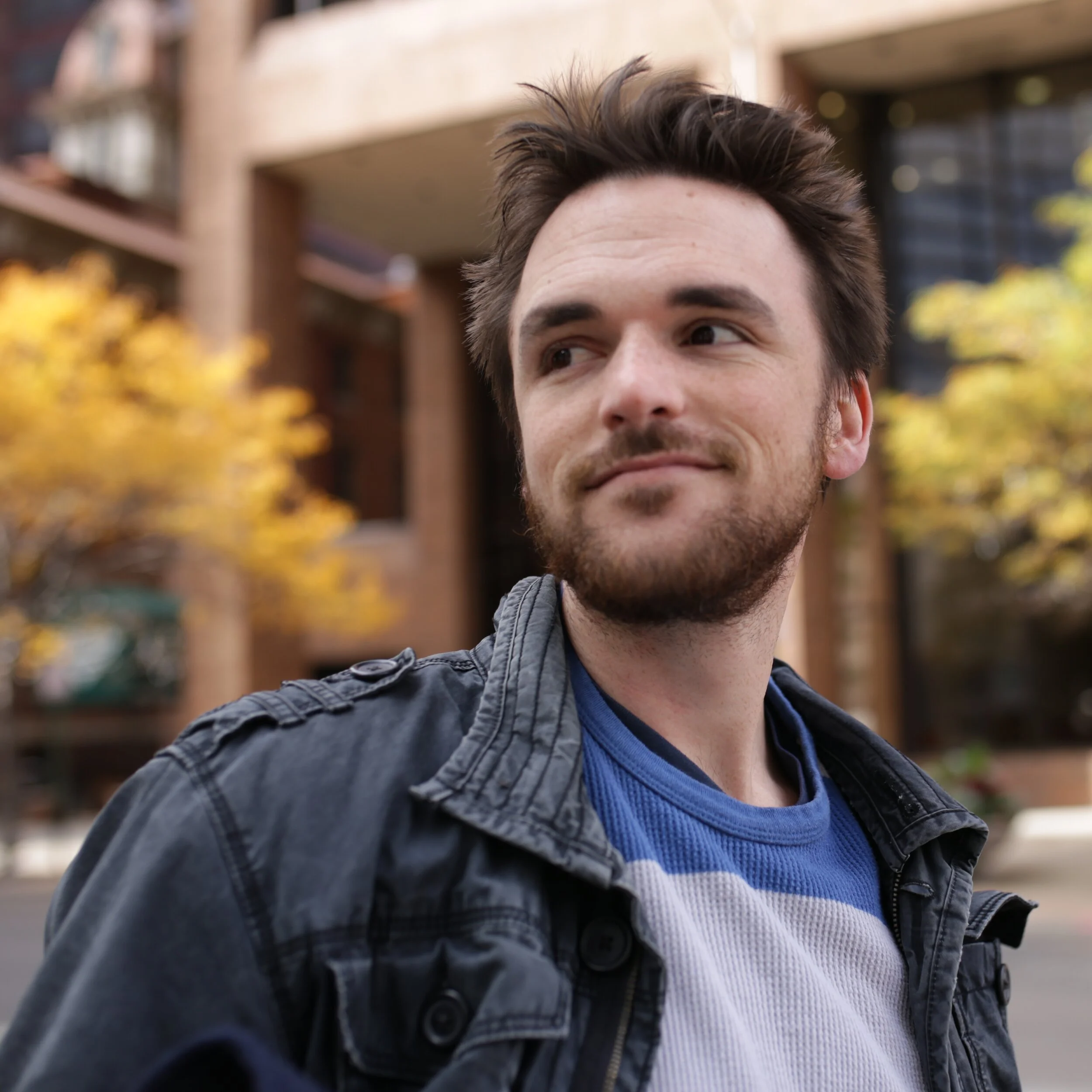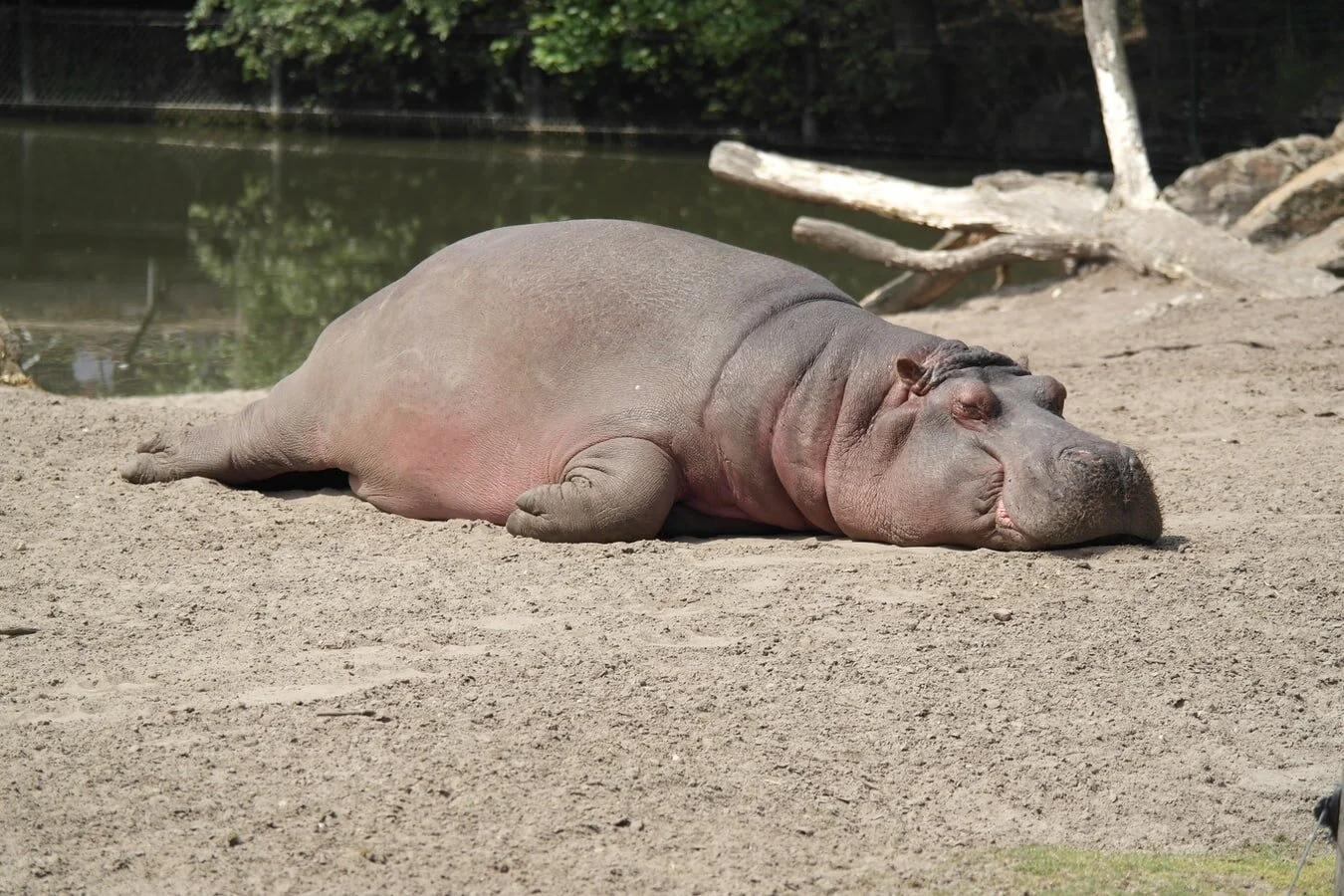Prince Zuko and Writing Character Identity
Think about the characters in your story.
Close your eyes and imagine...wait wait! Don’t close your eyes, I guess, because you’re reading.
But you have some image in your mind of who your characters are.
That’s good!
And when you think about those characters, I bet they are described (mostly) in writing terms.
The protagonist.
The antagonist.
The loyal companion that the story is secretly about because they actually get things done while the main character bitches and moans and groans the whole time.
That puts your characters into a little box and makes them all about their achievements. I get it, they gotta go into those boxes at some point because you need to organize your story.
But who are they?
I mean who, though.
Not what do they do…or who they fight…or how they get to that cool scene in your head where all the effort of your main character comes to fruition, and she gets to show how insanely badass she is, all while belittling to her enemies like she isn’t even trying.
Or something.
Your characters are more than their collective achievements.
They are even more than their collective goals.
They are human.
Or elf. Or space princess or whatever.
But they have humanity. That’s the point of storytelling after all, isn’t it? Revealing humanity.
(Bee Tee Dubs, that means you are also more than your achievements and goals. You have an identity separate from those things. But I digress.)
And maybe you already think about your characters on deeper levels.
But if my experience writing copy for other authors, researching their audiences, have taught me anything, it’s that other new writers are a lot like me.
Unsure.
Embarrassed at times.
Need to see their characters as more than their plotlines.
I’m my own best reader avatar!
And speaking of avatars… woooah damn, I worked for that transition. Let’s sit here a moment and revel.
Ok, moving on.
Zuko and Character Identity
Can we give it up for a kid’s show on, of all things, Nickelodeon for knocking deep, meaningful storytelling out of the park? The hell?
I’m one of those new people who heard about Avatar: The Last Airbender over and over, who finally committed to trying because it showed up on Netflix.
Now, I’m wishing that The Legend of Korra also came over to Netflix (and apparently it is) because I want to tackle that next. Best of all, all the same people who hated The Last Jedi also hated The Legend of Korra, so I am SUPER excited to watch.
Going off-topic Chris, come on.
But, The Last Airbender manages to showcase compelling character development in a show that also makes fart and snot jokes.
There’s many things I can talk about, and I could probably write a few articles about the show (and like 8 posts on Uncle alone), but let’s dive into Zuko’s character.
AKA: Better Anakin/ the OG Kylo Ren
And fair warning for those like me catching up on a show from like 2008, spoilers. And the Zuko stuff is probably the most spoilery, so just heads up.
We are introduced to Zuko as an exiled prince who needs to regain his honor. He’s going to do that by capturing the Avatar and bringing him to his father. The one who exiled him, of course.
He’s an angry kid, and if you took a shot every time he said, “The Avatar!” you would be dead.
But the story begins to dive into that banishment. That’s the key–Zuko becomes more than an antagonist hunting our main characters.
He’s a kid with daddy issues.
And those issues run deep.
We learn he was banished because he spoke out about a war plan by the Fire Nation, where he’s from, that would put their own soldiers in mortal danger.
He cares somewhere under all those angry layers. Like a pissed off onion. Or just a regular one, honestly.
Then, because of his incredulous remarks about not sending off other human beings to die, his father duels him.
The most powerful dude in the country voiced by Mark Hammil duels a 13-year-old and burns the hell out of him to teach him a lesson. Kids show!
This leaves physical and emotional marks. And drives Zuko to pursue the idea that he needs to earn his way back to his dad. Because he isn’t worthy of him. Which is incredibly sad.
All of that makes him an accumulation of his failures and goals. Zuko is someone who hunts the Avatar, who has failed his father and country.
His Uncle is with him the whole time, gently prodding him to look deeper about who he is. And, at first, it’s easy for Zuko to answer.
He’s a kid hunting the Avatar.
And by the end of season 1, he fails pretty miserably.
Yeah that’s pretty much his exact mood all of season 1
To add insult to injury, he captures the Avatar only to lose him and would have been left behind to die if the Avatar didn’t have a heart.
Not only is he a failure, but his life continues because his greatest enemy is actually a good person, and he has to recognize that he himself is not.
Uncle and Zuko start over and find a quiet life away from the Avatar and the Fire Nation.
This is where the characterization really starts to kick in.
Who is Zuko without this mission?
His Uncle even asks, “Who are you?”
(Which is what got me thinking about this article.)
He isn’t the kid hunting the Avatar anymore. And what if he did get his honor back, what then? Who is Zuko?
Which is precisely what happens.
After some moral dilemmas, Zuko ends up still trying to defeat the Avatar by the end of season 2, earning his place back into his father’s graces.
And it’s hollow.
Because Zuko is more than a kid hunting for his honor back. His initial banishment reveals he already had plenty of honor. He stood up for his soldiers when no one else would.
He was someone who did the right thing in the face of evil.
Someone like that can’t sit at their evil father’s right hand, pretending everything is ok.
And so we see who Zuko really is.
He’s caring.
He’s determined.
He’s stubborn.
He’s emotional.
He’s a slow learner but learns and grows nonetheless.
His accomplishments only reveal who he really is. His plot is not his identity.
Finding Your Characters True Identity
Your protagonist is more than their quest.
Your antagonist is also more than their quest.
What kind of person are they when their goals are stripped away?
This is why we love the classic act 2 of a story.
It’s the traditionally darker act. The one where the protagonist fails. Have you ever thought about why we love Empire Strikes Back so much?
The heroes are failing left and right. On the run, interrupting their training, acting impulsively, and it all blows up in their face.
It’s because, in those kinds of stories, we get to see who the character really is underneath the plot. If they fail, who will they become? Because now we get to ask…
Who are they?
That’s a lesson you need to follow. Take away your character’s precious goals. There’s something revealing in failure.
Will they rise to the challenge because of who they are?
Or will they reveal that their true nature was never all that good? Who they are might be something darker than we could have imagined.
I love a story that strips away what the character wants because they have to react to that inner identity.
So make sure there are times in your story where your character not only struggles, but fails. You may not even know what’s lurking under there.
And as you seek out who your character really is, your readers will be flipping through the pages to find out too.
Because the story, like every story ever told, is actually about them.
Who are they?
If you are looking to geek out some more and become a better storyteller in the process, join my newsletter. We will dive into our favorite movies, shows, books, and games, to see what makes those stories so good. Then use those techniques in our writing. Check it out:
